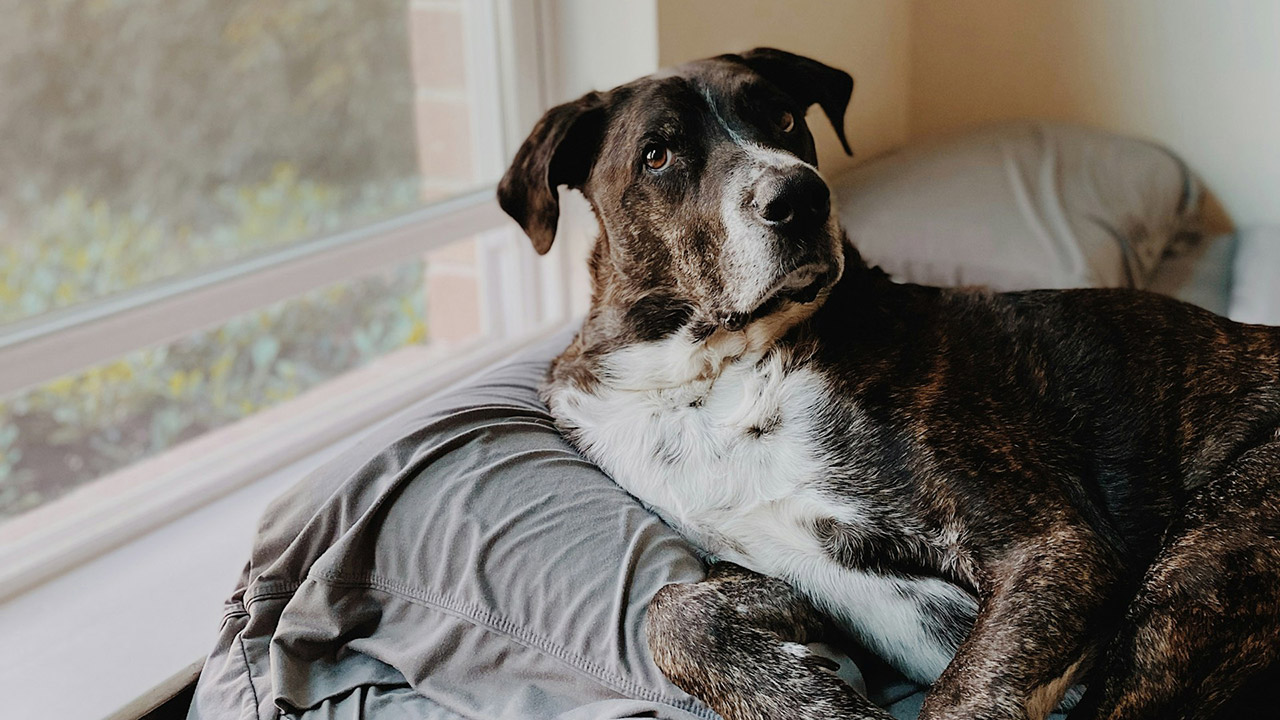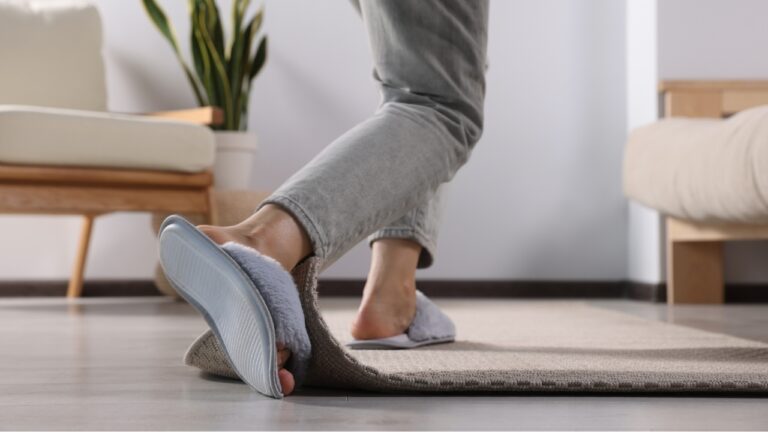8 Reasons Your Dog Is Making Your House Smell Terrible
Some dog smells are normal. Wet fur after a bath, a little funk from a muddy yard—that happens. But when your whole house starts smelling like dog, and it lingers no matter how much you clean, there’s usually something else going on. The good news is most of the causes are totally fixable once you figure out where the odor’s coming from.
Unwashed Bedding
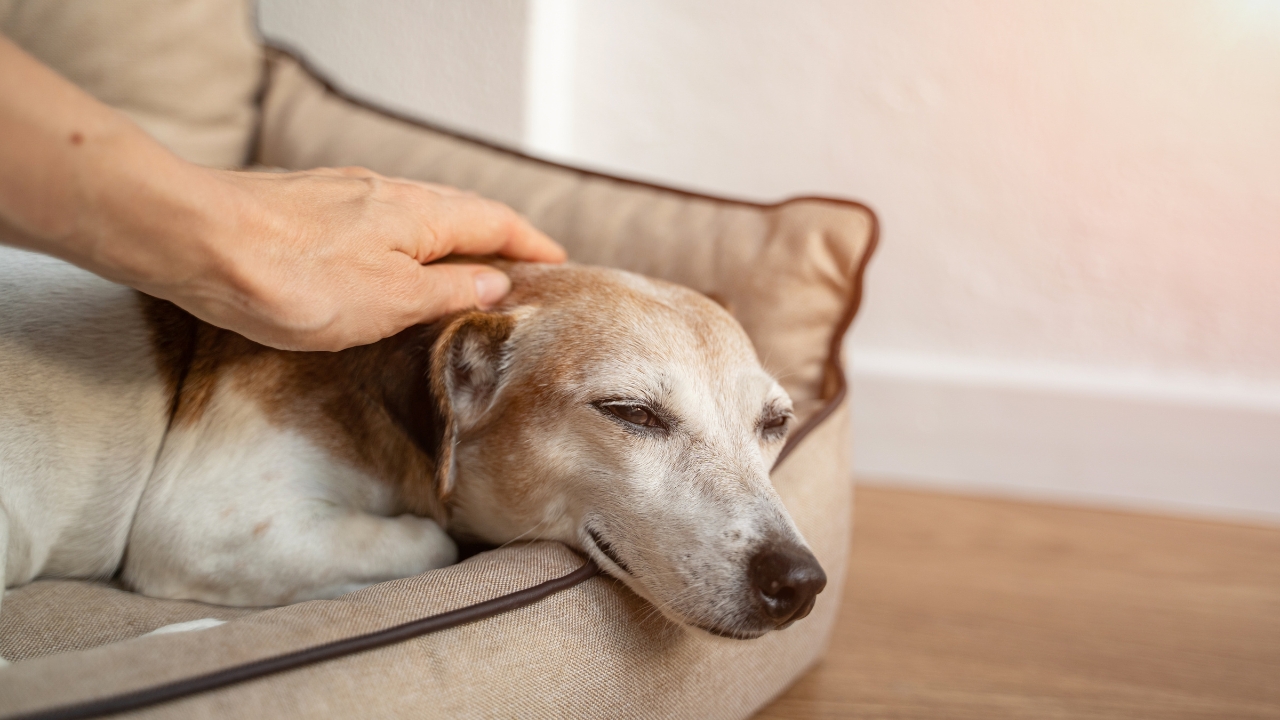
Your dog’s bed is one of the biggest smell offenders. It traps fur, drool, dirt, and oils from their skin, and if you don’t wash it often, that builds up fast. Even if it doesn’t look dirty, it’s probably harboring a strong scent.
Wash your dog’s bedding weekly in hot water with a pet-safe detergent. If the cover isn’t removable, consider switching to one that is. And don’t forget to vacuum around where they sleep.
Dirty Paws and Fur
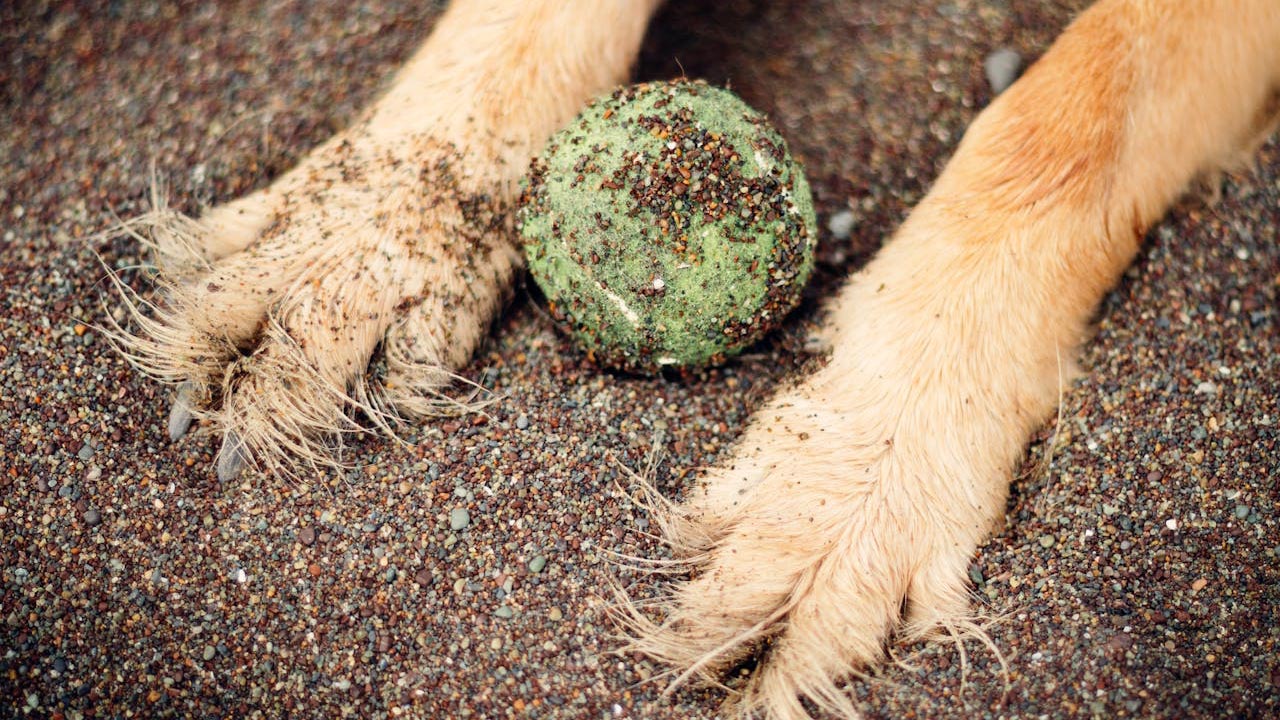
Even if your dog isn’t visibly muddy, they’re still tracking in dirt, pollen, and bacteria on their paws and coat. Over time, all that settles into rugs, floors, and furniture.
Wipe their paws after walks and brush them regularly to remove loose fur and debris. A quick rinse or paw soak every few days can help cut back on odors you don’t even realize are building up.
Saliva on Everything
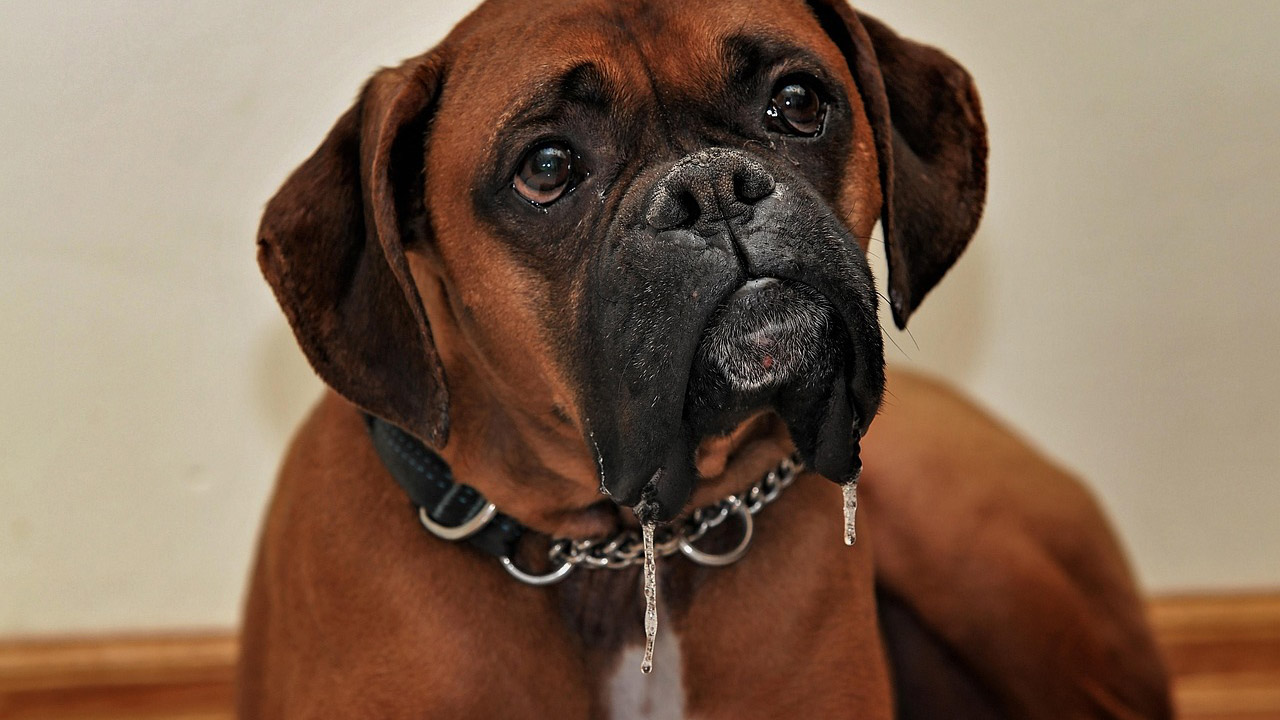
Some dogs drool. Some lick furniture, toys, or themselves nonstop. That saliva ends up on your couch, floors, and anything else they touch—and it smells. Especially after it dries.
Keep chew toys clean and limit how many stay out at once. If your dog has a favorite spot on the couch, lay down a washable cover and throw it in the laundry often.
Anal Gland Leakage
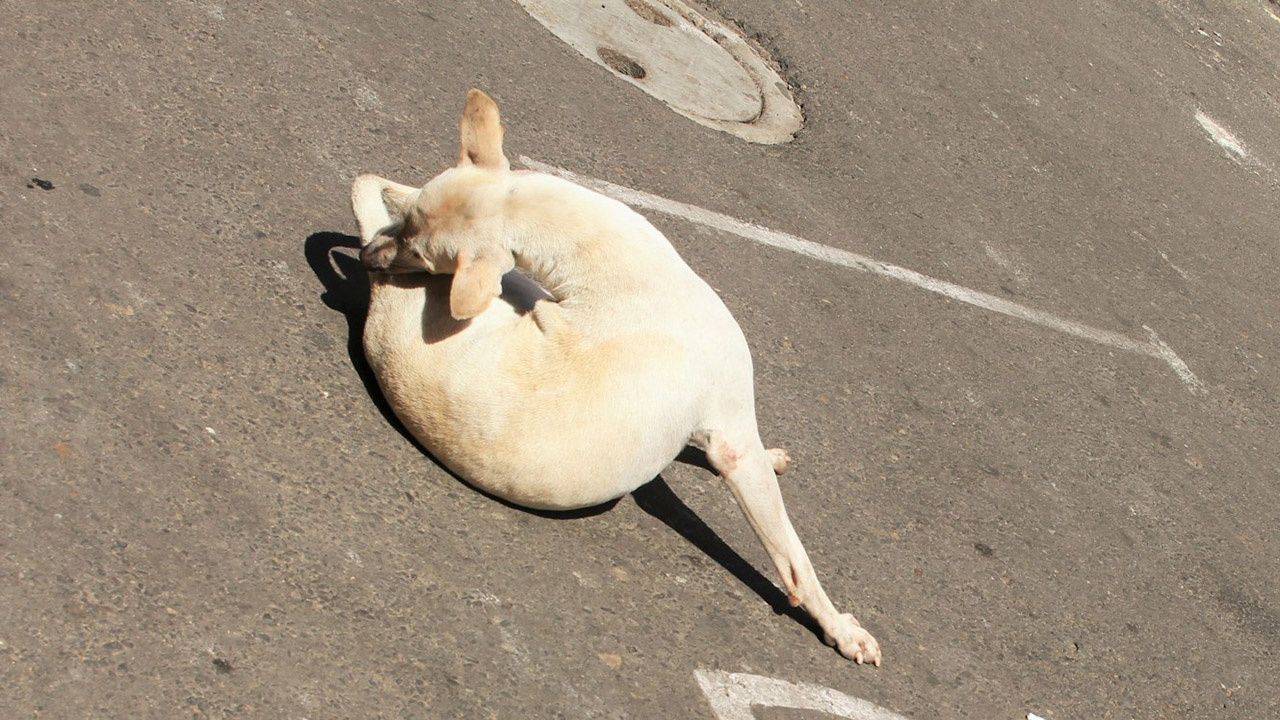
It’s gross, but it’s real. If your dog scoots on the floor, licks their rear constantly, or you catch a sudden fishy odor in the house, their anal glands might be the culprit. When these glands leak or get impacted, the smell is intense and lingers.
Have your vet check your dog if you suspect this is going on. Some dogs need their glands expressed regularly, especially smaller breeds.
Unwashed Collars and Harnesses
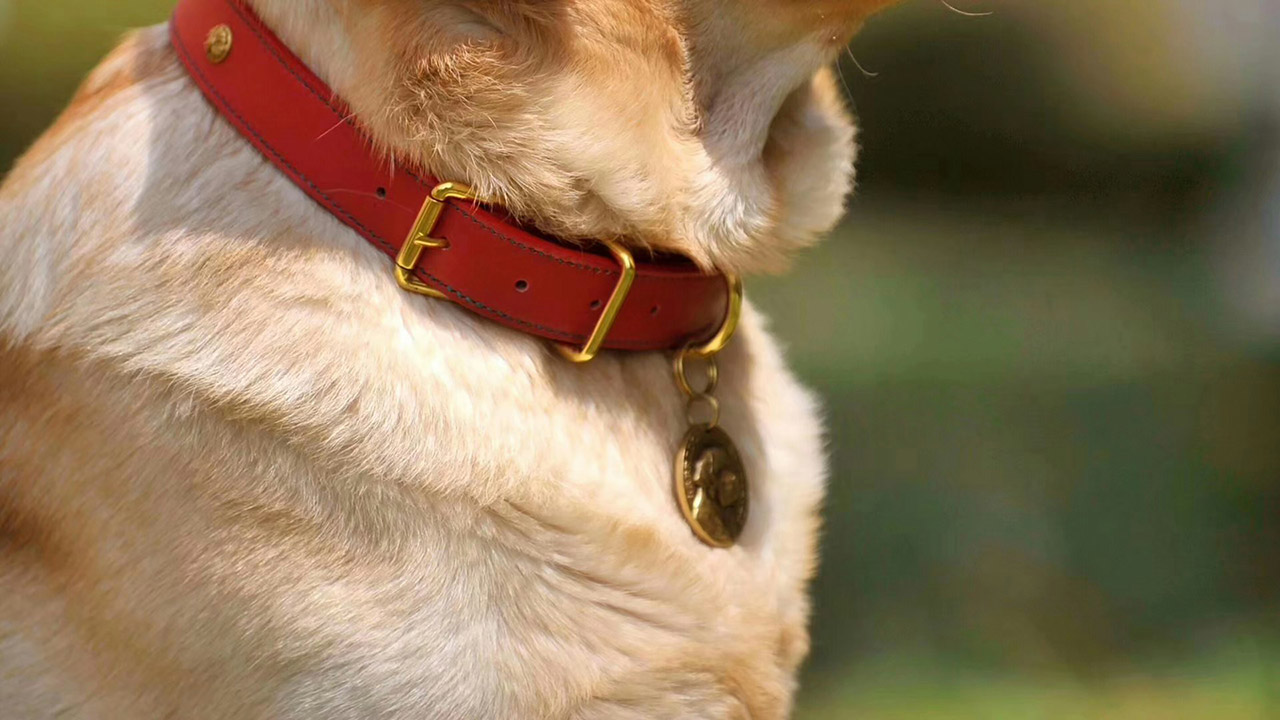
Your dog’s collar sits against their skin all day, collecting sweat, dirt, and oils. Over time, it starts to smell, and it can spread that scent to wherever they lie down.
Wash collars and harnesses regularly, especially if they’ve been swimming or rolling in the yard. Some can go in the washing machine, but others might need a good scrub with soap and warm water.
Accidents You Missed

Even well-trained dogs can have occasional accidents—especially if they’re sick, nervous, or aging. If you didn’t catch it right away, it might have soaked into carpet or padding.
Use an enzymatic cleaner to fully break down urine and odor molecules. Regular cleaners won’t do the trick. If the smell keeps coming back, it might be worth hiring a pro to deep clean the area.
Dog Breath That Spreads
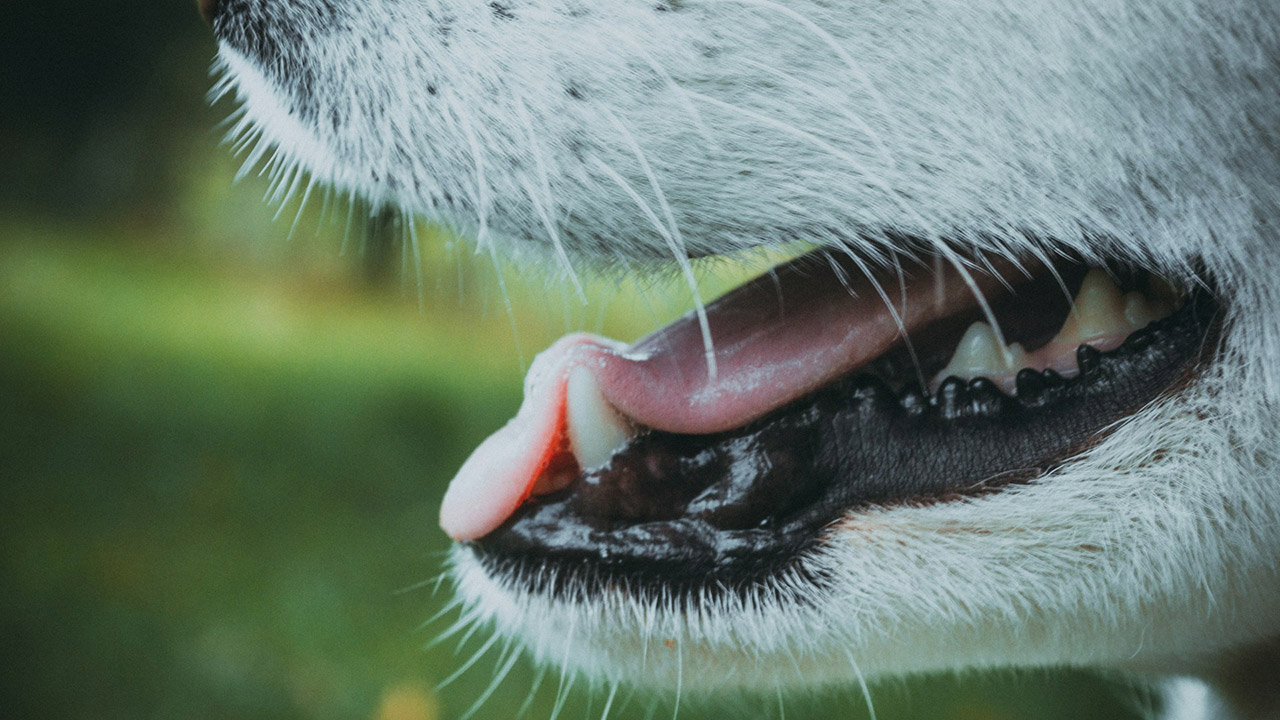
Bad breath doesn’t stay in your dog’s mouth. It ends up on toys, blankets, and furniture. Dental issues like tartar, gum disease, or an infection can make your dog’s breath unbearable.
Brush their teeth regularly and ask your vet about professional cleanings. Dental chews help, but they’re not a replacement for actual care. You’ll be amazed how much cleaner your house smells once their mouth is healthier.
Poor Ventilation

Dog odors build up faster in a house with poor airflow. If you’ve got windows closed year-round, or your HVAC filter hasn’t been changed in a while, smells linger longer than they should.
Open windows when you can and change air filters often—especially if your dog sheds a lot. Air purifiers with HEPA filters can also help cut down on fur, dander, and lingering smells.
*This article was developed with AI-powered tools and has been carefully reviewed by our editors.

